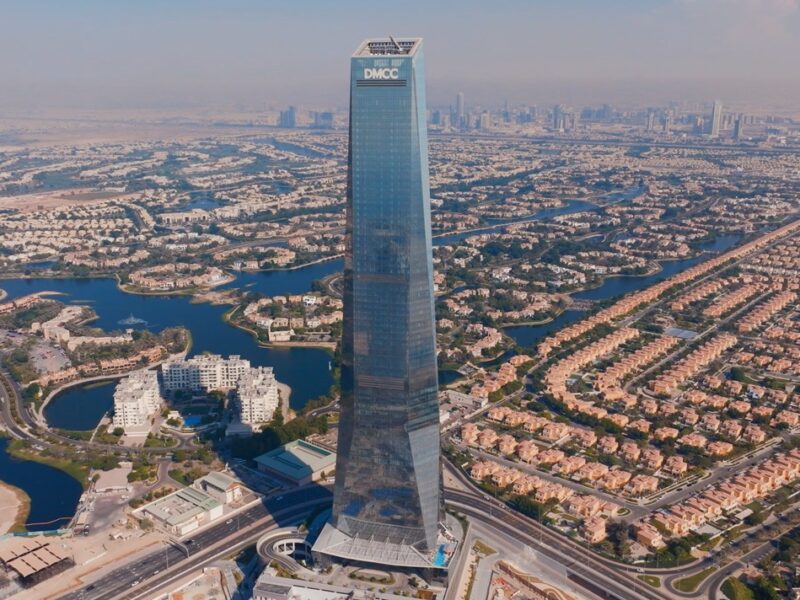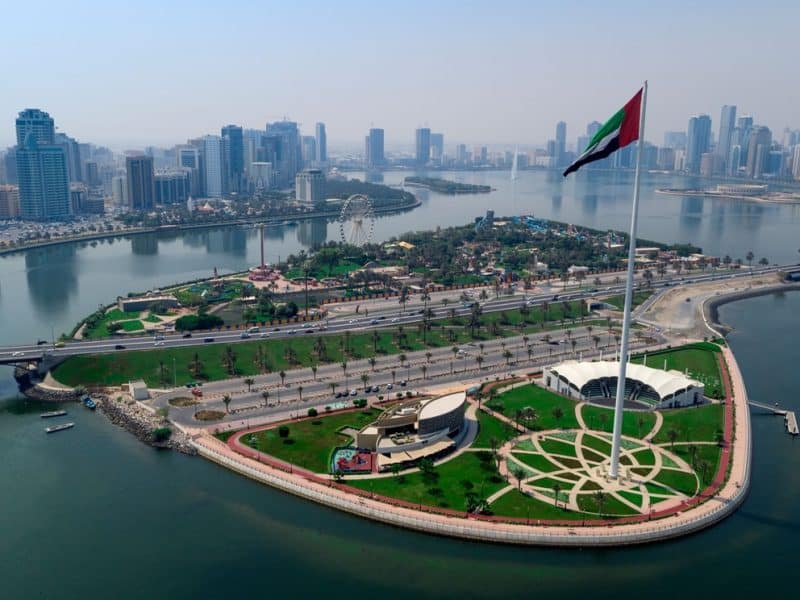How is the cybersecurity landscape changing in the Middle East?
New threats appear at lightning speed each day. Technology is evolving in our region – smart cities use internet of things (IoT) connected tech, and our industrial infrastructure becomes more connected. Each new technology is exploited by cybercriminals. A Kaspersky report showed, 68 percent of businesses in the Middle East, Turkey and Africa dropped new IT or business projects because of increasing cyber-risks.
Complex targeted threats are on the rise. Kaspersky researchers are monitoring 29 cybercrime groups in the Middle East. Every industry in a strong financial position or rich in data is a target – no exceptions. This is why rethinking cybersecurity is our focus for GITEX Global.
What initiatives have Kaspersky led to help face these challenges?
We use our global expertise to meet the evolving challenges faced by businesses. As industries become more complex, the opportunities for cybercriminals to attack grows. Industries using critical and national infrastructure – like transport, manufacturing, energy, oil and gas – are invested in hyper-connectivity, leading to a rise in industrial attacks.
We need to reinvent cybersecurity and move to cyber immunity, the future model where technology is designed with security in mind. We will display its potential with the launch of the Kaspersky IoT Secure Gateway 1000. It’s designed for secure data transfer from devices to the cloud to helps businesses build secure and transparent IoT systems.
What should enterprises do to keep their systems and data safe?
Research Kaspersky conducted with Longitude, a Financial Times company, showed three steps enterprises can take to defend themselves:
- Closer working between the C-suite with cybersecurity teams: A data breach can compromise the whole business and harms reputation. Senior management and cybersecurity teams should meet regularly to review security standards. The C-suite have a broad, strategic view, while the cybersecurity team fill the details of the why, when and how.
- Invest in company-wide cybersecurity training: Security is every team member’s responsibility. A clued-up workforce is half the battle. Invest in cybersecurity guidelines and training for everyone, so we can all spot a red flag, like a suspicious email asking for confidential data. Threat intelligence platforms help train for your cybersecurity teams by seeing what techniques are used by cybercriminals and how to protect yourself.
- Make your cybersecurity team more diverse: There are more than 3.5 million vacant positions in cybersecurity globally. To fill the gap, enterprise can tap into the potential of their existing workforce and upskill or reskill into security roles.
Our research showed enterprises investing in these steps say they’re better prepared to meet cyber-threats.

How is Kaspersky investing to protect enterprises in the Middle East?
The Middle East is a crucial region for us. Last year we grew B2B sales here by 24 percent. We continue to invest and grow by empowering our partners, distributors and customers with cybersecurity solutions that outperform competitors in independent tests. We opened a new office in Saudi Arabia to enhance support throughout the region.
What step should organisations take to improve their cybersecurity today?
Knowledge is power. Threat intelligence gives access to insights and expertise to build defenses and get ahead of cyber-threats. For example, a logistics company can understand what type of threats are growing in the supply chain industry, locally and globally.
Kaspersky Threat Intelligence combines data and machine learning technologies with human expertise from our global cybersecurity experts. Human and machine teaming is the best defence as threats evolve.
Brand View allows our business partners to share content with Arabian Business readers.
The content is supplied by Arabian Business Brand View Partners.









